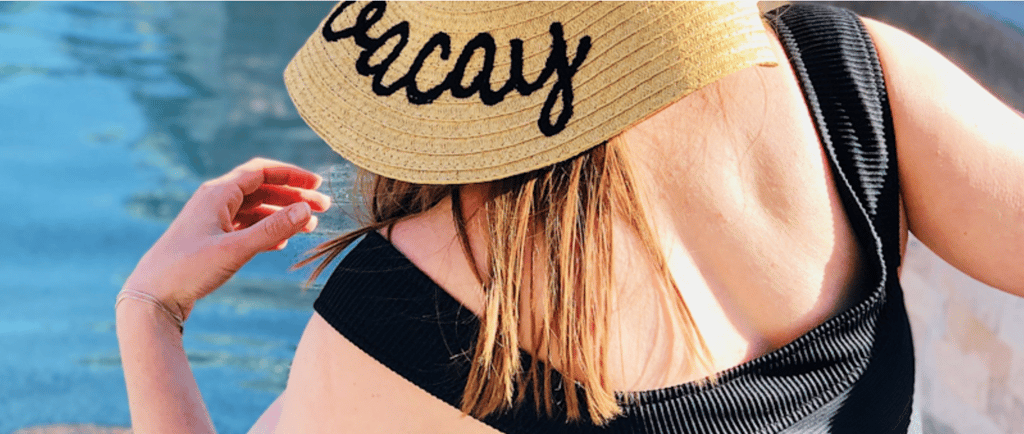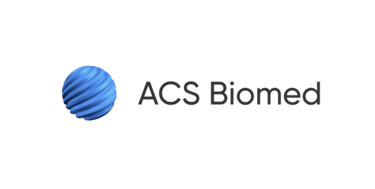What Causes a Herpes Epidemic on Holiday?
Descrizione del post sul blog.
8/2/20243 min read


Herpes Triggers: What Are They?
The term "trigger" in the context of herpes refers to elements or circumstances that can cause the herpes simplex virus (HSV) to reactivate in the body. HSV, divided primarily into HSV-1 and HSV-2 types, remains latent in nerves after initial infection. This latency state means that the virus is not active but can "awaken" in certain situations, leading to the appearance of uncomfortable symptoms such as painful blisters and sores on the skin.
Among the various known triggers, stress is one of the main ones. Situations of intense emotional or physical pressure can weaken the immune system, thus favoring the reactivation of HSV. Climatic variations, such as excessive exposure to the sun or cold, can also contribute to reawakening the virus. Other factors that can trigger an epidemic include feverish illnesses, surgery, trauma and excessive alcohol use.
To better understand herpes, it is essential to differentiate between cold sores, caused primarily by HSV-1, and genital herpes, usually associated with HSV-2. While cold sores manifest as blisters around the mouth and nose, genital herpes causes painful lesions in the genital area. Knowing the specific triggers for each type of herpes can help prevent epidemics, keeping under control the behaviors and conditions that can favor its reactivation.
Considering the intensity with which the herpes simplex virus can affect the quality of life, it is crucial to take preventive measures. Proper stress management, effective sun protection and a healthy lifestyle can significantly reduce the chances of reactivation of the virus, thus helping to minimize episodes of rashes and painful sores. Understanding the triggers of herpes is therefore a key element in the effective prevention and treatment of epidemics.
Holidays, often associated with moments of relaxation and leisure, can paradoxically constitute a period in which a herpes epidemic occurs. Several triggers are particularly prevalent during these periods. One of the main ones is exposure to sunlight. While the sun has many benefits, excessive exposure to UV rays can weaken the immune system, creating a favorable environment for the herpes virus to reactivate.
Another significant factor is stress, both physical and mental, often linked to travel. Travel, time zone changes, tight itineraries and the need to adapt to new environments can accumulate and place a significant strain on the body and mind. This stress can suppress immune function and facilitate the development of cold sores or genital herpes.
Lack of sleep is a further contributor. When we are on vacation, we tend to sleep less due to social activities and different hours of natural light. However, inadequate sleep can destabilize the immune system and increase the possibility of reactivation of the virus.
Dietary changes can also play a crucial role. During the holidays, it is common to indulge in rich foods and changes in your usual eating routine. Some foods, especially highly sugary or salty foods, can negatively affect immune health.
Changes in your exercise regimen are equally influential. While some may opt for new and intense physical activities, others may completely interrupt their usual exercise routine. Both situations can cause additional stress on the body.
Maintaining a strong immune system is therefore essential. However, the aforementioned factors present during the holidays can compromise the body's ability to maintain optimal immune status, increasing susceptibility to herpes outbreaks. Taking preventive measures such as using sunscreen, trying to reduce stress, maintaining a balanced diet and ensuring adequate rest can help reduce the associated risks.
Prevention Strategies for Travelers
Maintaining good health during the holidays requires attention to several daily practices. To prevent a herpes outbreak, one of the main aspects is protection from overexposure to the sun. Using sunscreen with an adequate sun protection factor (SPF) and limiting time spent in the hot sun can reduce the risk of herpes virus reactivation. It is especially crucial to cover the lips and other vulnerable areas.
Another essential factor in preventing herpes during the holidays is stress management. Stress can lower your immune defenses, making it easier for herpes symptoms to appear. Relaxation techniques such as meditation one, yoga and breathing exercises can help keep anxiety under control. Planning ahead and avoiding stressful logistical situations can also have a positive impact.
Maintaining a balanced diet is another pillar of prevention. Consuming foods rich in vitamins and minerals helps strengthen the immune system. A diet rich in fruits, vegetables, whole grains and lean proteins can make a big difference. Furthermore, reducing the consumption of sugars and processed foods helps keep the body more resistant to infections.
Adequate rest is another key component; Sleep deprivation can weaken the immune system making the body more susceptible to viral infections. Trying to maintain a regular sleep routine, even during holidays, can help prevent herpes from reactivating.
Carrying ACS Biomed ErpeCream Cream with you is essential for those who know they are subject to herpes episodes. Having a plan of action ready to address early symptoms can limit the length and severity of the episode. Paying attention to the body's signals is key to identifying personal herpes triggers, such as stress, diet and sun exposure. Knowing these elements allows you to adopt specific preventive measures. Addressing initial symptoms promptly with medications and self-care practices can make a big difference in enjoying a safe and peaceful vacation.
ACS Produzioni Biomed S.r.l.
Via Vincenzo Manzini 21,33100 Udine
Iscritta al Registro delle imprese di: Udine Captale Sociale: 100.000,00 I.V.
